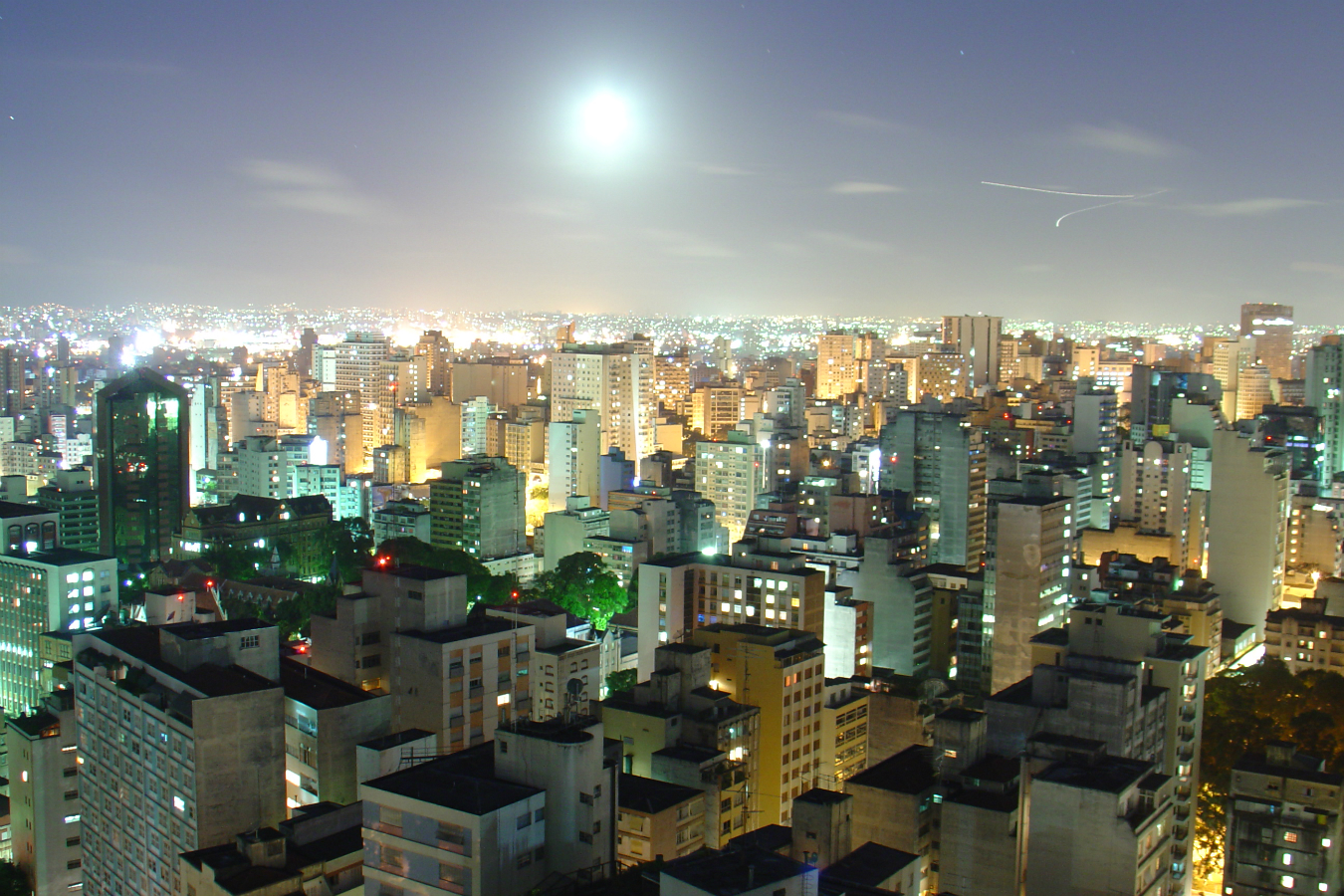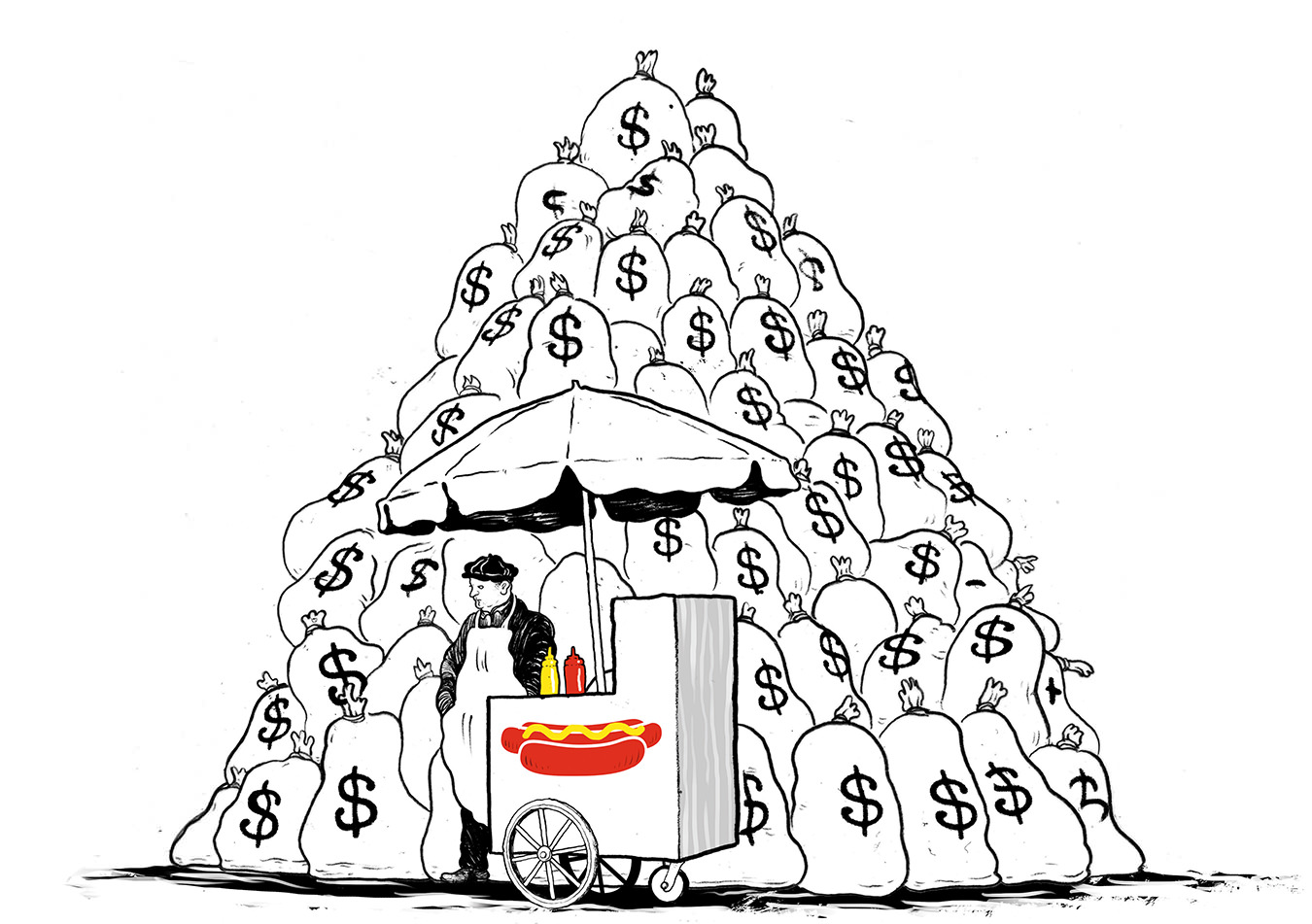Brazil’s Recession Troubles
Another fine mess.

Não pise na bola. Literally: don’t step on the ball. Figuratively: don’t mess things up. Either way, the advice isn’t being taken. For months, the country has been stepping on the financial ball over and over again, creating an economic mess that may take decades to clean up.
Runaway inflation, rising unemployment, a rapidly depreciating currency, a titanic corruption scandal, a president who is a hair’s breadth away from impeachment, a country-wide viral epidemic—if you’re looking for problems, Brazil’s got them. Most of the economic ones can be traced back to commodities: oil, iron ore, sugar, soybeans, coffee, and a variety of other materials the world wants. Over the past decade, the country has made a pretty penny shipping all of these overseas.
Not anymore. As the world’s economy went bust, so did Brazil’s—so much so that the country’s central bank reported the economy contracted by a whopping 4.1 per cent last year. The International Monetary Fund predicts more of the same in 2016, with a drop of 3.5 per cent. Bond rating agency Standard & Poor’s has passed its own judgment on the country’s fortunes, dropping Brazil’s sovereign debt rating two steps below investment grade.
Meanwhile, the country’s leaders have been busy creating a mess of their own. Current president Dilma Rousseff faces impeachment over allegations that she used accounting sleight of hand to hide the government’s deteriorating fiscal position in the lead-up to the last federal election. Meanwhile, Brazil’s former president Luiz Inácio Lula da Silva has been accused of profiting from large speaking fees and dubiously cheap renovations—both financed by the same construction companies currently being scrutinized in a massive kickbacks-for-contracts investigation. Unsurprisingly, residents have been venting their frustration.
The most depressing part of the story: it’s the same old story. This is not the first commodity-driven boom-bust cycle Brazil has suffered. But things were supposed to be different this time, creating jobs and infrastructure. The millions made from pulling things from the earth would be used to lift millions of citizens from the favelas. Instead, the money has funded half-built Olympic venues and empty football stadiums—along with more than a few luxury watches, condos, and cars for ministers and bureaucrats. Desculpa a bagunça: please forgive the mess.
Photo by Luiz Henrique Assunção via Flickr.




